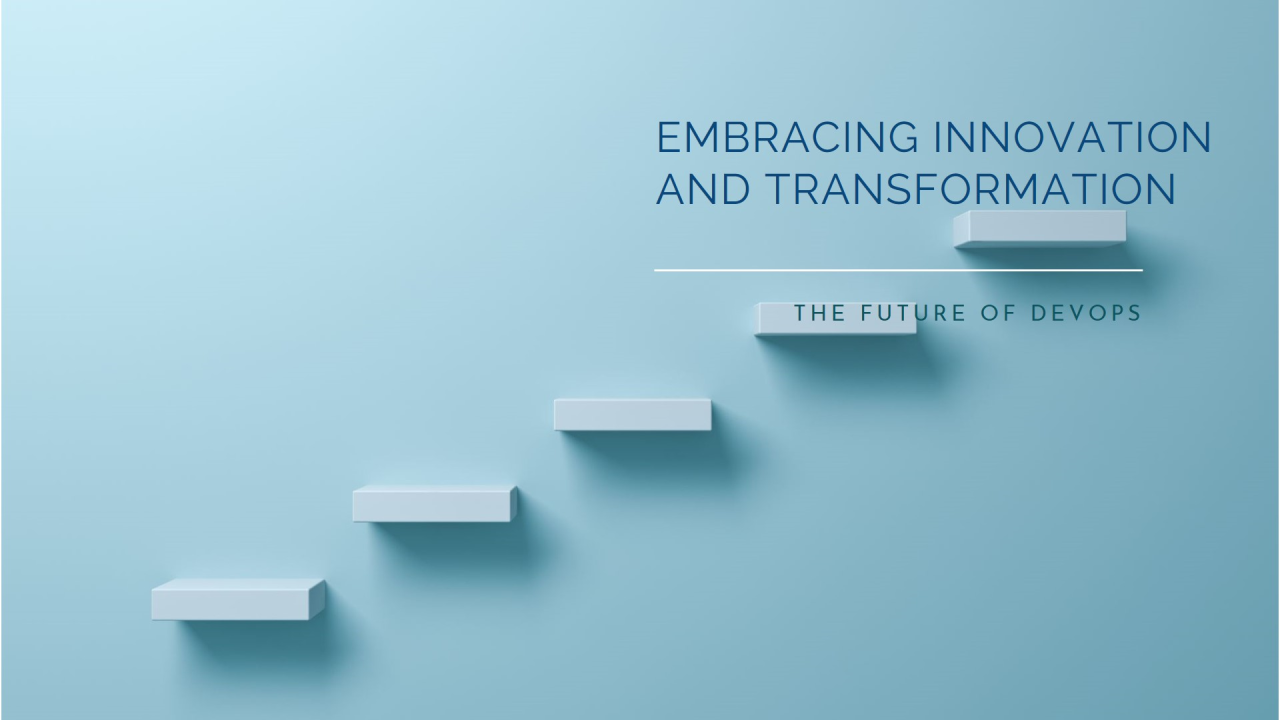The Future of DevOps: Embracing Innovation and Transformation
In the ever-evolving landscape of technology, #DevOps has emerged as a critical practice for bridging the gap between development and operations. As we look towards the future, several trends and innovations are set to shape the DevOps landscape, driving #efficiency, #collaboration, and #innovation.
1. AI and Machine Learning Integration
Artificial Intelligence (#AI) and Machine Learning (#ML) are poised to revolutionize DevOps by automating routine tasks, enhancing predictive analytics, and improving decision-making processes. These technologies can help identify patterns, predict potential issues, and optimize resource allocation, leading to more efficient and reliable software delivery.
2. Increased Focus on Security (DevSecOps)
With the growing number of cyber threats, integrating security into the DevOps pipeline (#DevSecOps) is becoming increasingly important. Future DevOps practices will prioritize security at every stage of the development lifecycle, ensuring that applications are not only fast and reliable but also secure.
3. Serverless Computing and Microservices
The adoption of #serverless #computing and #microservices architecture is set to accelerate. These technologies enable developers to build and deploy applications more quickly and efficiently, without worrying about underlying infrastructure. This shift will lead to more #scalable and #resilient applications.
4. Continuous Everything
The concept of continuous integration, continuous delivery, and continuous deployment (CI/CD) will evolve into “continuous everything.” This approach emphasizes the need for constant feedback, testing, and improvement, ensuring that software is always in a state of readiness for deployment.
5. Enhanced Collaboration and Culture
The future of DevOps will see an even greater emphasis on collaboration and culture. Breaking down silos between development, operations, and other teams will be crucial for fostering innovation and #agility. Organizations will invest in tools and practices that promote communication, transparency, and shared responsibility.
6. Edge Computing
As edge computing gains traction, #DevOps practices will need to adapt to manage and deploy applications at the edge. This will involve new strategies for monitoring, updating, and securing distributed systems, ensuring that they operate seamlessly across various environments.
Conclusion
The future of DevOps is bright, with numerous innovations and trends set to transform the way we develop, deploy, and manage software. By embracing these changes, organizations can stay ahead of the curve, delivering high-quality, #secure, and efficient applications that meet the demands of an ever-changing #digital landscape.
